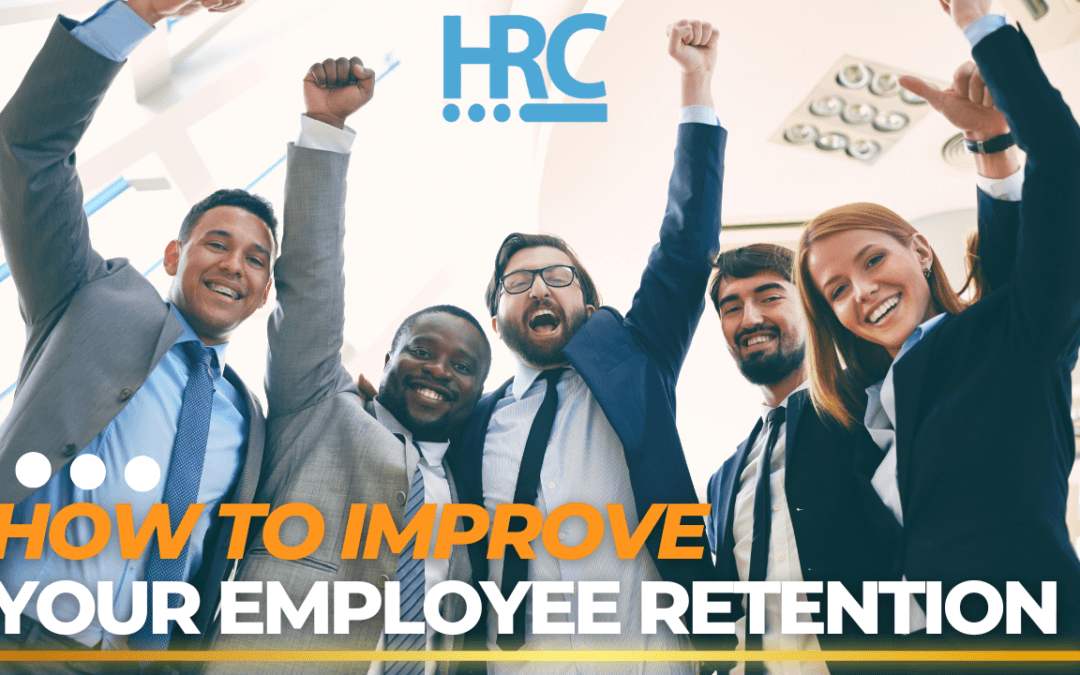When staffing your business, it is important to consider the benefits of Employee Retention. It is more valuable to retain the employees you know and trust rather than spending time and money searching for new qualified candidates.
Businesses in the U.S. spend between 36 – 42 days finding the right candidate for their role. This time not only causes inefficiencies, but also causes employees to become overworked from the added workload they take on until a new candidate is hired and trained (New employees can take up to six months before they are familiar with their new role).
Three key factors in Employee Retention have been identified as proper compensation, opportunity for growth, and a positive work culture.
Fair Compensation
If employees have opportunity to earn more money by leaving their current position (14.8% average pay increase), they will most likely to consider it. This means the business must ensure that they are properly compensating employees with yearly wage increases and bonuses, benefits, and other forms of recognition for their hard work. This increases expenses, but not as much as the cost of searching for candidates and re-hiring.
Growth Opportunities
People are happiest when they are achieving and moving toward new goals and milestones in their life and career. Providing opportunity for growth is equally as important as compensation, because it keeps employees engaged in their current roles. Businesses should hold meetings with employees regularly to analyze opportunity for learning new skills, taking on new responsibilities, and restructuring goals.
-
Businesses can consider tuition support for education, training, or professional certifications – which increases the employees value to the business
-
Create opportunities for promotions within the company
-
Create a loyal mutual relationship between employees by investing in them
Positive Work Culture
A positive and healthy work environment is important for employees to maintain or increase their morale. Creating the culture of your business is not a one-time effort, it is a continuous responsibility. Making sure the company’s values, mission, and vision are understood by all employees will help structure the culture they work within.
-
Analyze communication and feedback – ensure that employees feel comfortable speaking up about any criticisms or ideas
-
Hold people accountable for their performance and effort, without making employees feel micromanaged
-
Increase the sense of community in the workplace, and avoid fragmented teams
-
Increasing Employee Retention requires increased expenses, but consider them as an investment toward the future of the business. When you show commitment to your employee’s success, they reciprocate commitment back to you!
Need help with any of these types of business and HR/People strategies? HRC is Here for You! Visit us at: hrcollaborationgroup.com, contact us directly at Sandy@myhrcgroup.com or PH: 574-210-9345
